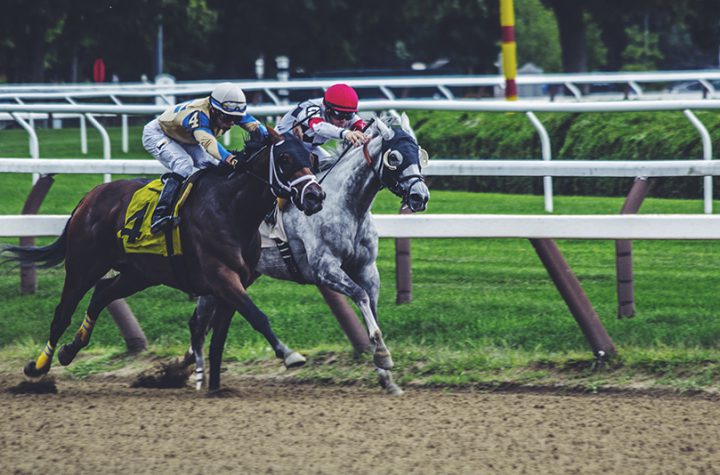
The fund’s net return after fees for the past six months was 7.56 per cent and 26.65 per cent for the 2019 calendar year. The fee of 1 per cent of assets covers advice and accounting.
The recent performance compares well with the growth funds in the Chant West database, which showed returns of 5.8 per cent for six months and 20.8 per cent for the year. Chant West said high growth funds had returns of 5.3 per cent for six months and 17.6 per cent for the full year.
The accompanying graphic breaks down the results by asset class. The asset allocation at year end was Australian equities 42.17 per cent, international equities 39.56 per cent, property 5.59 per cent, fixed interest 1.82 per cent, cash 2.5 per cent, hybrids 0.19 and alternatives 8.18 per cent. The alternatives were added at year end so there is no meaningful period for measuring performance.
Growth and income
The strong Australian equities result for 2019 was helped by the surge in value of CSL, ResMed and Genworth. The performance numbers include income and growth.
Genworth did extremely well because of the amount paid in dividends. In the six months to December it paid out 54.9¢ a share in special and ordinary dividends. Chanticleer had written previously about Genworth’s ability to generate excess capital and distribute it as dividends.
The fund’s investments are made through a combination of decisions by the trustees and the fund’s adviser, Charlie Viola from Pitcher Partners Sydney Wealth Management. All the poor performers and some of the best performers in the latest six months were chosen by the trustees including Class, Splunk, Toyota, Rhipe, Jupiter Mines and Goodman Group.
The fund’s trustees and Viola agree that shares in quality companies that deliver profits through the business cycle regardless of market volatility will remain sound long term investments.
Viola says the forces within super’s legislative and regulatory system are increasingly pushing trustees and advisers to recommend lower exposure to shares through “lifecycle” super options that become more conservative as the beneficiaries get older.
The surge in share prices over the past few years has ensured most super fund members are overweight equities and will be cutting back exposures if they adopt the lifecycle approach favoured by regulators and the trustees of public offer funds.
If markets tumble this pressure to slash equity weightings in super fund portfolios will increase. But Viola questions the wisdom of super fund members meeting an arbitrary risk benchmark that forces them to sell quality assets that generate reliable, fully franked income through the economic cycle.
“If I think CBA will keep generating profit, and earnings per share (EPS) of say $4.90 plus and dividends of $4.30, do I care if it’s worth $84 or $74?” Viola asks.
“Remember, the single dollar I spent on CBA when it was $84, still generates a better return at $74 than cash ever will as long as I dont sell it.”
Time to sell
Over the past five years, CBA shares have fluctuated between a high in March 2015 of $96.32 to a low in October 2018 of $65.27 to Friday’s close of $84. Over the same period the bank has paid out $21.31 in dividends. Its yield is 5.1 per cent and 7.28 per cent when grossed up for tax paid.
CBA was once in the Chook super fund, as was Westpac Banking Corp, but both stocks were sold in November 2018 in favour of ANZ. The Westpac decision proved smart and the CBA and ANZ decisions less so.
The fund’s exposure to international equities is a combination of directly held shares and managed funds. The best directly held stocks have been Apple, Alphabet, Microsoft and CME Group.
Two lessons learned in 2019 were that actively managed international funds can complement each other and index funds are a good low cost option.
Loftus Peak and Magellan have been outstanding active managers over the past five years with the Loftus Peak Global Change Portfolio (which has a longer tenure under the current manager than the Loftus Peak Global Disruption Fund) returning 16.98 per cent per annum over five years and Magellan Global Fund returning 12.9 per cent per annum. Over seven years Magellan’s return has been 18.4 per cent per annum.
At this stage the Chook super fund has done well with a three year return of 16.17 per cent per annum and 14.54 per cent over five years. But the fund is one market crash away from being a feather duster.
The asset allocation at year end was Australian equities 42.17 per cent, international equities 39.56 per cent, property 5.59 per cent, fixed interest 1.82 per cent, cash 2.5 per cent, hybrids 0.19 and alternatives 8.18 per cent. The alternatives were added at year end so there is no meaningful period for measuring performance.





More Stories
“Nobody is the reason for my death. My family is having to bear a lot of expenses because of me. I am a burden to them, my education is a burden to them….” A day after she wrote this note, Aishwarya Reddy, a student at Lady Shri Ram College for Women in Delhi…
Tom Brady’s arrival had the Buccaneers dreaming of an NFC South title, but the Saints showed the QB and his team they’re a far from being a contender.
Barnaby Joyce claims he told Malcolm Turnbull ‘others’ were having affairs